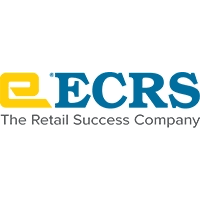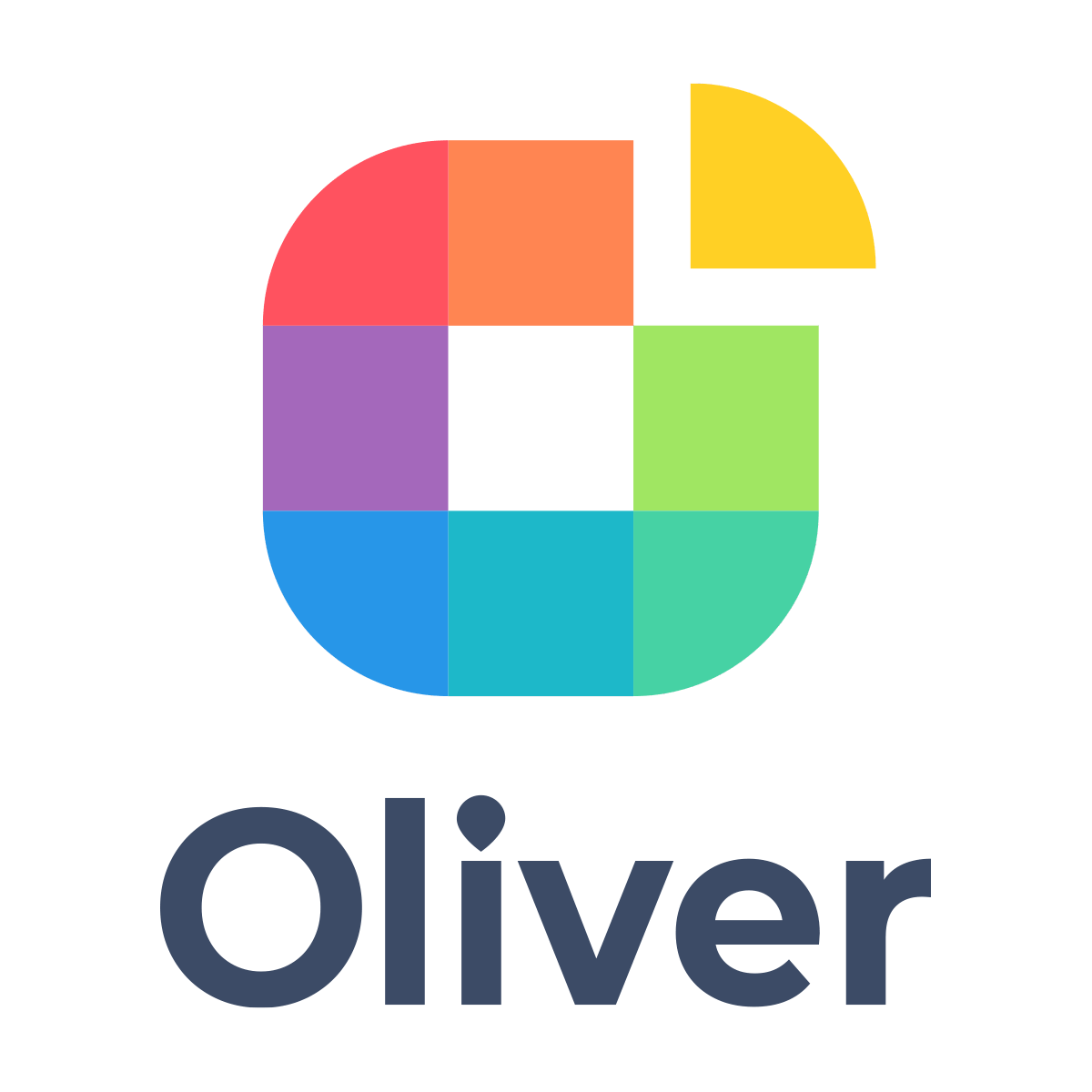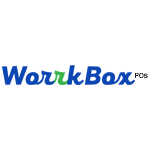Description

POSNow

ECRS
Comprehensive Overview: POSNow vs ECRS
POSNow and ECRS are both solutions in the point-of-sale (POS) industry, catering to different needs and markets with their unique offerings. Here’s a comprehensive overview:
POSNow
a) Primary Functions and Target Markets:
- Primary Functions: POSNow primarily provides point-of-sale software solutions aimed at enhancing retail operations. Its features often include sales tracking, inventory management, customer relationship management (CRM), and reporting tools.
- Target Markets: POSNow generally targets small to medium-sized retail businesses, including shops, boutiques, cafes, and quick service restaurants that need an easy-to-use, scalable POS solution to manage sales and operations effectively.
b) Market Share and User Base:
- Market Share: As of the latest data, POSNow holds a smaller market share compared to some leading POS solutions but is growing due to its user-friendly interface and cost-effectiveness.
- User Base: POSNow is popular among SMBs (small and medium businesses) due to its lower cost and simplicity, making it an appealing choice for new and smaller retailers who need essential POS functionalities without advanced features.
c) Key Differentiating Factors:
- Affordability: POSNow is typically more affordable than many competitors, making it popular among smaller businesses with budget constraints.
- Ease of Use: Known for its intuitive design and easy setup process, POSNow doesn't require extensive training for employees.
- Customization: Offers basic customization options that appeal to small retailers with specific needs in terms of user interface and features.
ECRS (Electronic Cash Register Systems)
a) Primary Functions and Target Markets:
- Primary Functions: ECRS provides advanced retail automation and point-of-sale solutions. Its suite includes robust functionalities like inventory management, supplier integration, loyalty programs, analytics, self-checkout systems, and enterprise-level reporting.
- Target Markets: ECRS is primarily targeted at larger retail chains, grocery stores, supermarkets, convenience stores, and healthcare establishments that require a comprehensive, integrated POS system capable of handling high transaction volumes and complex operations.
b) Market Share and User Base:
- Market Share: ECRS holds a significant market position, particularly in the grocery and supermarket segment, due to its ability to cater to the complex needs of large retailers.
- User Base: ECRS is widely used by large retail organizations due to its expansive capabilities, including seamless integration with existing enterprise systems and supply chains.
c) Key Differentiating Factors:
- Comprehensive Features: ECRS provides a more extensive suite of features compared to basic POS systems, including self-checkout automation and detailed analytics, which are vital for large retailers.
- Scalability: ECRS systems are scalable to accommodate the growth of retail businesses from small to enterprise levels, making them suitable for chains and franchises.
- Integration: Its strong capability to integrate with various third-party solutions and internal systems is a significant advantage for businesses wanting a unified retail IT environment.
- Focus on Grocery and Retail Automation: ECRS has been known for pioneering solutions in grocery retail automation, making it highly specialized in markets needing quick, reliable, and adaptable cash register systems.
In summary, POSNow and ECRS serve distinct market segments with differing needs. POSNow appeals to small to medium businesses seeking simplicity and cost-effectiveness, while ECRS targets larger, complex retail environments needing comprehensive, scalable, and integrated POS solutions. As a result, ECRS tends to dominate in sectors requiring high transaction volumes and complex operational capabilities, whereas POSNow finds its niche with smaller retailers looking for straightforward and budget-friendly solutions.
Contact Info

Year founded :
Not Available
Not Available
Not Available
Australia
http://www.linkedin.com/company/posnow

Year founded :
1940
Not Available
Not Available
Not Available
Not Available
Feature Similarity Breakdown: POSNow, ECRS
To provide a feature similarity breakdown for POSNow and ECRS, it's important to take into account the core functionalities typically expected from point-of-sale (POS) systems, as well as any specialized offerings these two systems might have. The comparison will focus on the core features, user interface differences, and any unique attributes.
a) Core Features in Common
Both POSNow and ECRS are designed to streamline retail and restaurant operations, so they share several core features typical of robust POS systems:
-
Sales Processing:
- Ability to process transactions including cash, credit, and digital payments.
- Inventory management for tracking stock levels in real-time.
-
Customer Management:
- Customer database for storing contact information, purchase history, and preferences.
- Loyalty program integration to reward repeat customers.
-
Reporting and Analytics:
- Provide business insights with sales reports, performance metrics, and analytics tools.
- Support financial reporting to aid in decision-making.
-
Employee Management:
- Functionality for tracking employee hours, roles, and permissions.
- Shift scheduling and workforce management tools.
-
Integration Capabilities:
- API access for integration with other software systems like accounting, CRM, etc.
- Support for third-party app integrations and expansions.
b) Comparison of User Interfaces
-
POSNow:
- Typically known for a straightforward and user-friendly interface.
- Emphasizes ease of use with touch-friendly layouts suitable for high-paced environments.
- Often customizable to fit the visual identity of a business.
-
ECRS:
- Offers a feature-rich interface that may have a steeper learning curve but provides advanced functionalities.
- Focusing on efficiency, it is designed to handle complex operations such as multi-store management.
- Offers customization options but may prioritize function over form.
c) Unique Features
-
POSNow:
- Cloud-Based Solution: POSNow might offer more flexibility with a cloud-based system, providing accessibility across multiple devices and locations.
- Streamlined Setup: Known for a quick setup process, ideal for small to medium-sized businesses that need a rapid deployment.
-
ECRS:
- Advanced Inventory Management: ECRS tends to excel in inventory management, especially for grocery and multi-department retail with complex needs.
- Self-Checkout Solutions: Larger enterprises or grocery stores benefit from ECRS's self-checkout capabilities, aligning with modern consumer trends.
In conclusion, both systems provide comprehensive solutions for businesses, with POSNow focusing more on accessibility and ease for smaller footprints, while ECRS offers advanced capabilities suited for larger and more complex operations. Businesses should evaluate based on their specific operational needs and the scale of their operations.
Features

Not Available

Not Available
Best Fit Use Cases: POSNow, ECRS
POSNow and ECRS are both point-of-sale (POS) systems that cater to different business needs and scenarios. Here’s a breakdown of the best-fit use cases for each:
POSNow
a) Ideal Types of Businesses or Projects:
- Small to Medium-Sized Retail Businesses: POSNow is often a preferred choice for smaller businesses due to its cost-effectiveness and ease of use. It tends to be a good fit for retail stores that need a straightforward, reliable POS system without the complexity or expense of more robust systems.
- Quick-Service Restaurants (QSRs): POSNow can be an ideal option for QSRs that require fast transaction processing, simplified menu management, and basic inventory control.
- Boutique Shops and Specialty Stores: The system's flexibility and customization options may benefit niche markets and specialty retailers who need tailored solutions without the need for a large-scale system.
Scenarios Where POSNow Excels:
- Budget-Conscious Operations: POSNow generally suits businesses seeking an affordable POS solution without compromising on essential features like sales reporting, inventory management, and customer tracking.
- Straightforward Implementation Needs: Businesses that prefer solutions that are quick to deploy and require minimal setup or IT resources might find POSNow advantageous.
ECRS
b) Preferred Scenarios:
- Large Multi-Store Retail Chains: ECRS offers comprehensive enterprise-level solutions. It's well-suited for large-scale operations requiring advanced features like centralized management across multiple locations.
- Grocery Stores and Supermarkets: ECRS is particularly beneficial for grocery store operations due to its robust features designed to handle complex inventory management, weight scales integration, perishables management, and customer loyalty programs.
- Healthcare and Pharmacy: The system’s integrations and compliance capabilities make it a preferred option for healthcare or pharmacy environments that need to manage prescriptions and health-related inventory.
d) Catering to Different Industry Verticals or Company Sizes:
-
POSNow: Fits best with small to medium-sized businesses across various industries like retail, hospitality, and niche markets. It supports simpler business operations with essential POS features adaptable to a variety of retail and service-oriented industries.
-
ECRS: More suited for larger enterprises and specific industry verticals such as supermarkets, pharmacies, and healthcare retail. Its scalability and extensive feature set allow it to meet the demands of larger operations with complex logistical needs, offering centralized management capabilities, enhanced reporting, and compliance tools.
In summary, POSNow is excellent for businesses seeking simplicity, cost-efficiency, and rapid deployment, whereas ECRS suits larger-scale, complex businesses that require comprehensive solutions with extensive integrations and exceptional scalability.
Pricing

Pricing Not Available

Pricing Not Available
Metrics History
Metrics History
Comparing undefined across companies
Conclusion & Final Verdict: POSNow vs ECRS
When comparing POSNow and ECRS, selecting the best product for your needs requires a thorough evaluation of how each system aligns with your specific business requirements. Both POSNow and ECRS bring unique features and capabilities to the table, making them suitable for different types of businesses.
Conclusion and Final Verdict
a) Best Overall Value
The best overall value between POSNow and ECRS depends significantly on the type of business and specific needs. For smaller businesses or startups that prioritize ease of use and affordability, POSNow might offer a better overall value. In contrast, ECRS tends to provide more value to larger businesses or enterprises needing robust features, advanced analytics, and greater scalability.
b) Pros and Cons
POSNow:
Pros:
- Affordability: Typically more cost-effective, making it a good choice for smaller businesses with budget constraints.
- Ease of Use: User-friendly interface, which reduces the learning curve and time required to train staff.
- Flexibility: Offers basic features that suit a wide variety of small retail environments.
Cons:
- Limited Advanced Features: May lack some advanced functionalities required by larger operations.
- Scalability: Potential limitations in handling high-volume or complex transactions as the business grows.
ECRS:
Pros:
- Advanced Features: Offers comprehensive features, including in-depth analytics and reporting tools that are beneficial for data-driven decision-making.
- Scalability: Can handle larger and more complex business environments effectively.
- Customizability: Highly customizable, which allows businesses to tailor the system to their specific operational needs.
Cons:
- Cost: Higher upfront and ongoing costs, making it more suitable for businesses with larger budgets.
- Complexity: May have a steeper learning curve, requiring more time for implementation and training.
c) Recommendations
-
For Small to Medium Businesses: POSNow is generally recommended due to its cost-effectiveness and ease of use. It is particularly suitable if the business does not require numerous advanced features.
-
For Large Enterprises or Businesses with Complex Needs: ECRS is the more suitable option. Its advanced features and scalability are ideal for businesses that need robust systems capable of handling high transaction volumes and detailed analytics.
-
Assess Business Specific Needs: It's important for users to conduct a thorough needs assessment to determine which system aligns best with their operational goals, budget, and future growth plans. Consider factors like the scale of operations, budget, desired features, and long-term business goals.
-
Trial and Demos: Users should take advantage of demos and trial periods offered by both systems to see firsthand how they function within their business environment.
In summary, while POSNow offers excellent value for smaller operations with its user-friendly interface and affordability, ECRS is more suited for businesses looking for a scalable and feature-rich solution. Your final choice should be guided by a clear understanding of your business needs and strategic objectives.
Add to compare
Add similar companies



